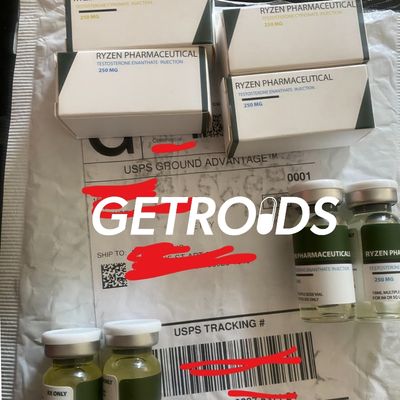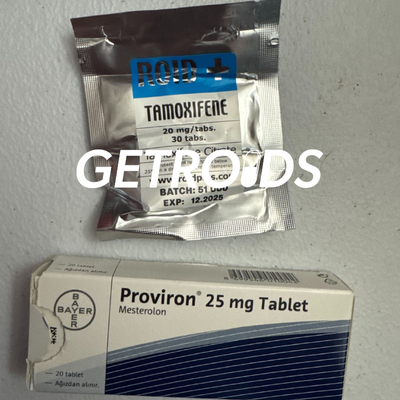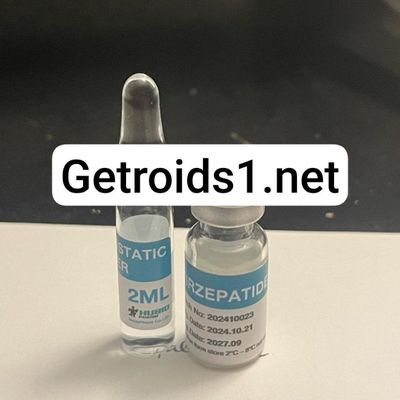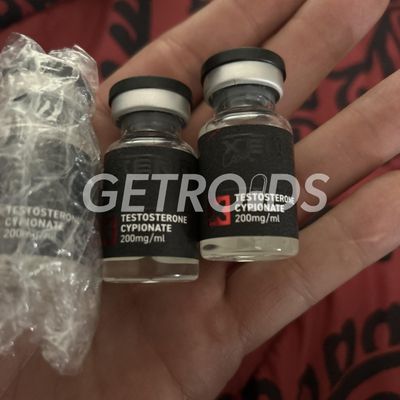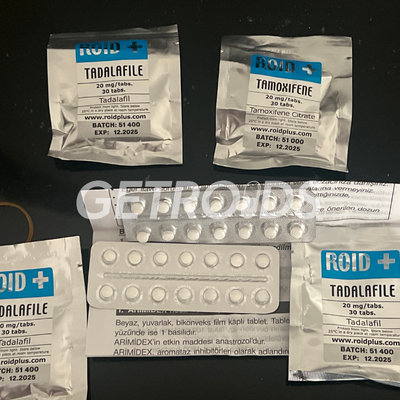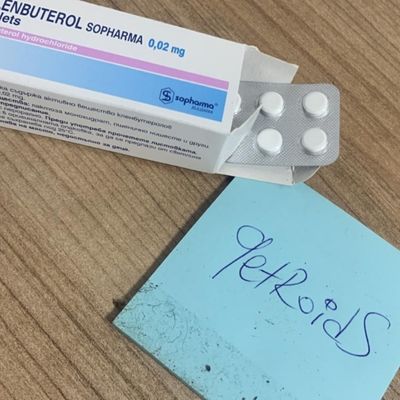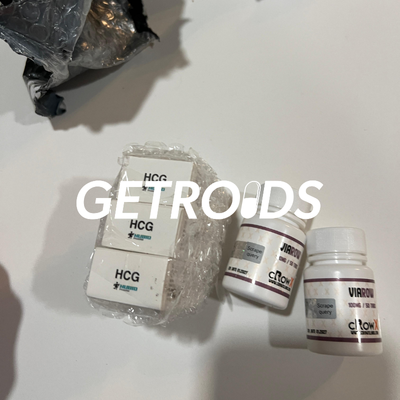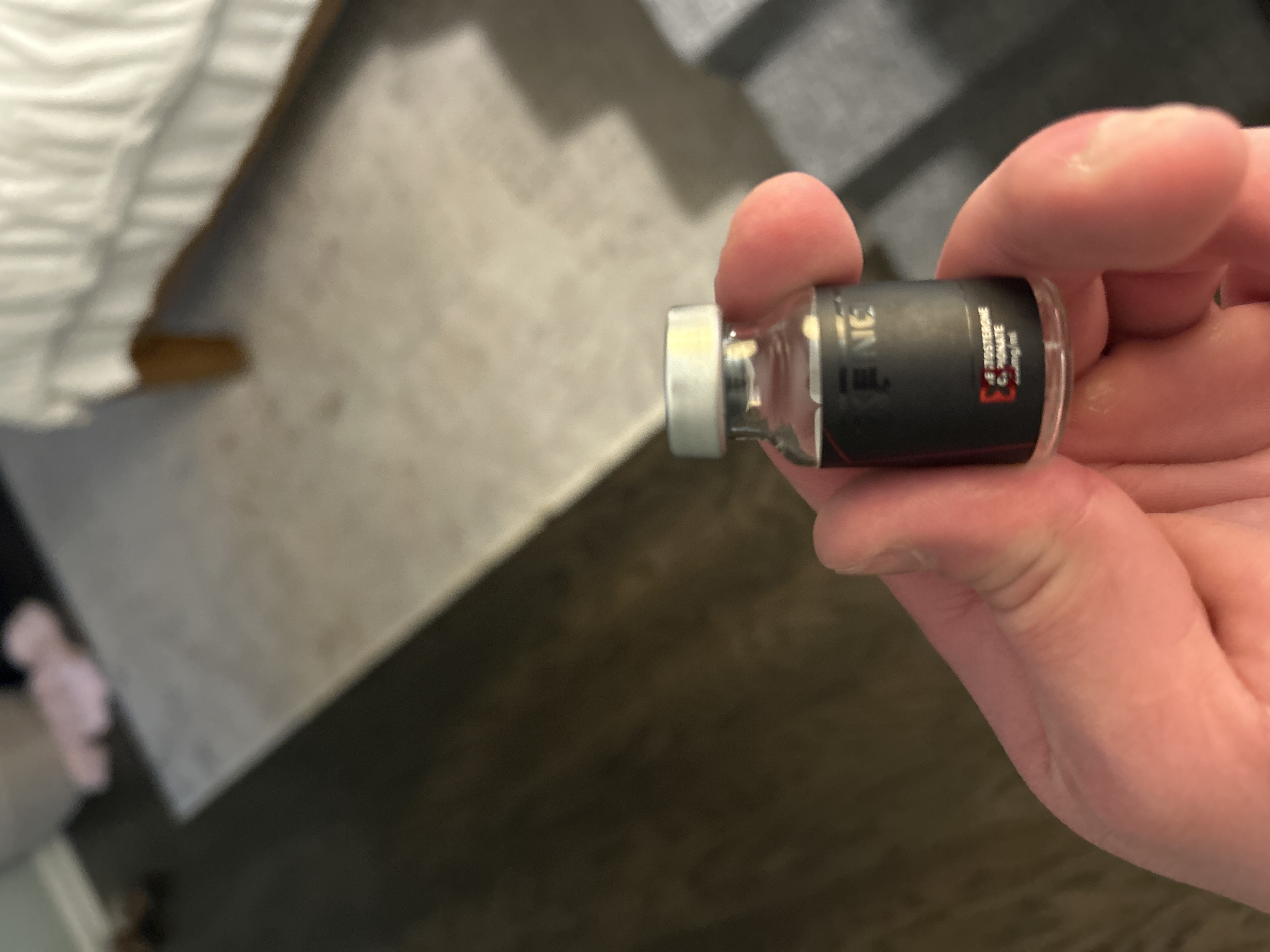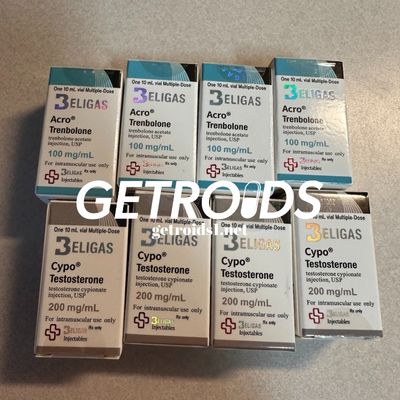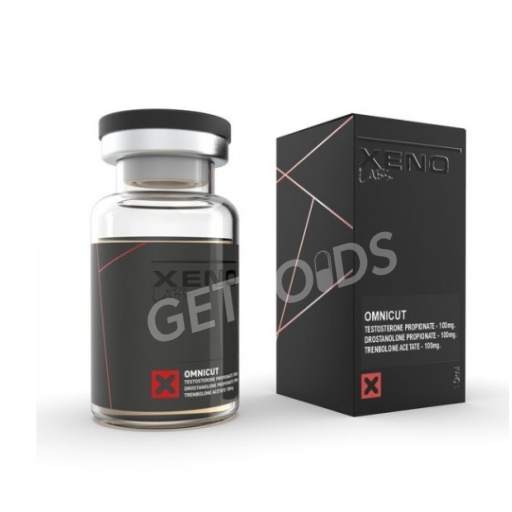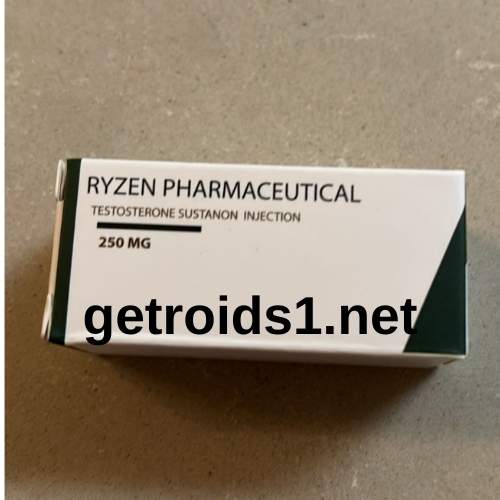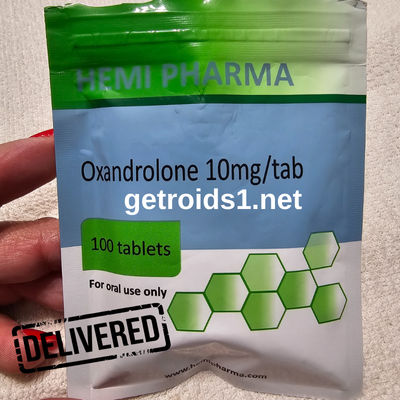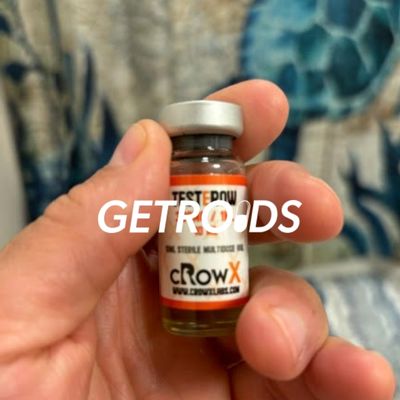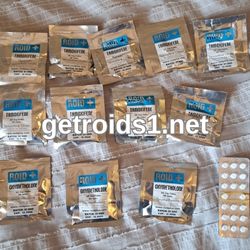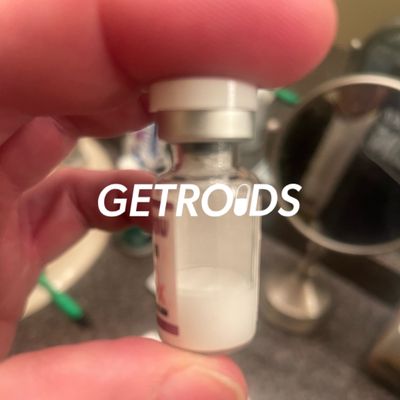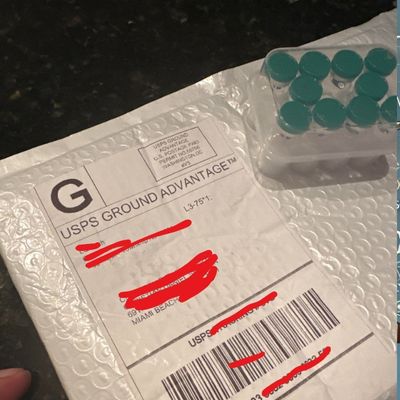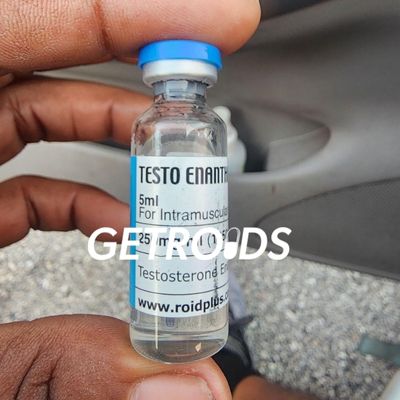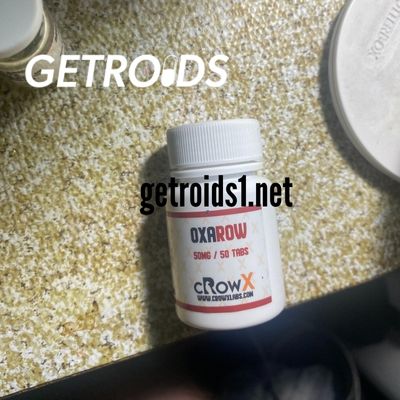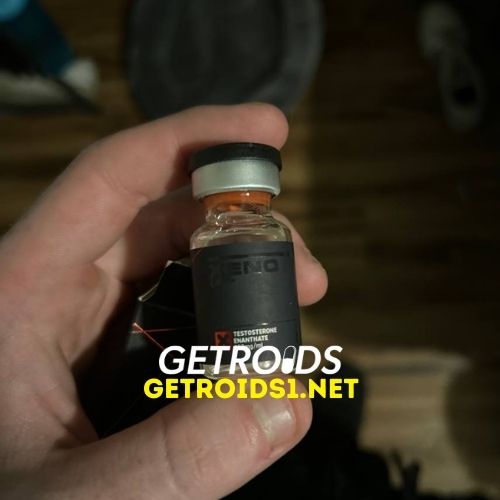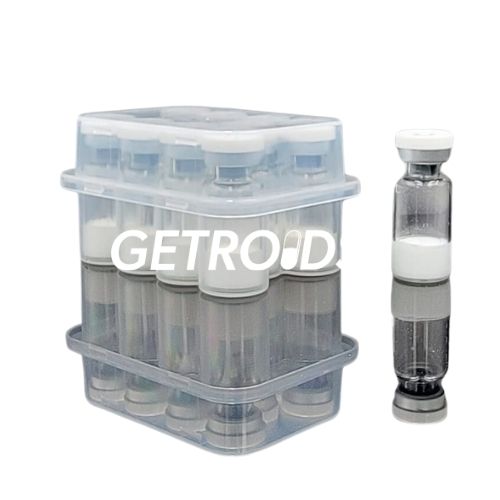All About Peptides:
Peptides are molecules formed by amino acids, the building blocks of proteins, brought together by peptide bonds. Generally short peptides, they can range in length from 2 to 50 amino acids. Peptides have several important functions in biological systems:
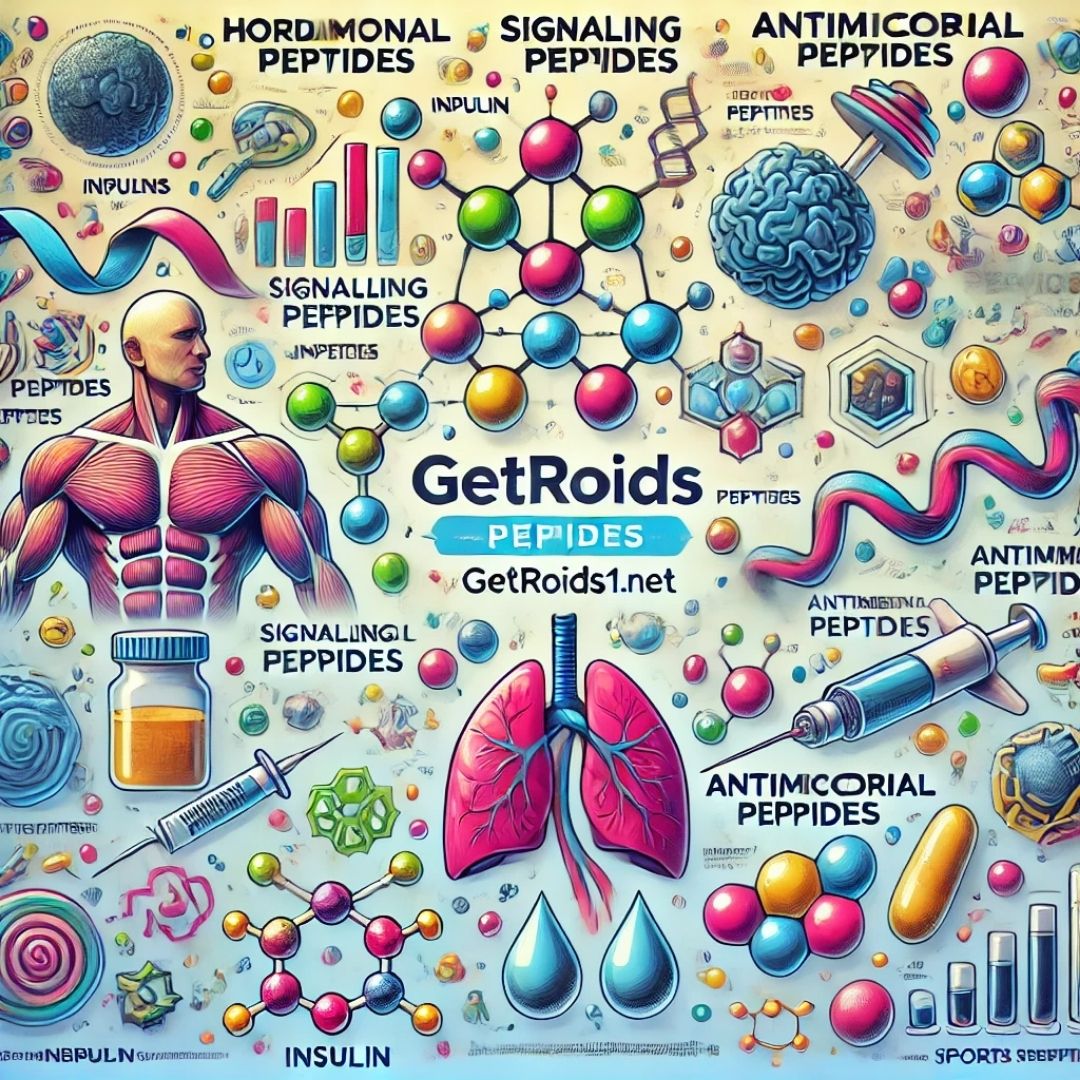
Hormonal Functions: For example, hormones such as insulin have a peptide structure and play an important role in regulating blood sugar.
Signaling: Peptides are important signaling molecules in communicating and transmitting signals between cells.
Antimicrobial Activity: Some peptides are naturally used to fight bacteria and other microorganisms.
Drug Development: Peptides are used in drug development studies for therapeutic purposes by directly targeting biological targets
Nutrition and Sports Performance: Peptides can be used in nutritional supplements and sports supplements to promote protein synthesis and muscle building.
Types of Peptides
Peptide use plays an important role in various fields such as biotechnology, drug development, nutritional science and biological research. Peptides are generally formed by combining amino acids with peptide bonds and can have various functions. Peptides can be divided into different classes according to their length: Oligopeptides are peptides containing approximately 2 to 20 amino acids. Such peptides often play a role in cellular communication and signal transduction. Polypeptides are longer peptide chains and can range from 20 to 50 amino acids. For example, hormones such as insulin may have a polypeptide structure.
Peptides can also be diversified according to their functions:
Hormonal Peptides For example, hormones such as insulin and glucagon have a peptide structure and play an important role in regulating blood sugar.
Signal Peptides are peptides used in intercellular communication. For example, neuropeptides enable communication between nerve cells.
Antimicrobial Peptides are peptides naturally produced by the immune system and provide defense against microbes.
Structural Peptides: Some peptides can function as parts of structural proteins. For example, peptides found in the collagen structure.
Peptides for Drug Development: Peptides that specifically bind to biological targets and are used for therapeutic purposes.
Each type of peptide plays different biological roles according to their molecular structure and function and is used in various fields of biotechnological, medical and biochemical applications.
Bodybuilders usually prefer GH peptides for adding more and clean muscle. The most known brand is Genotropin Pfizer. There are a lot of Growth Hormon Peptide brands. Like Lilly, Sazien and Chineese brands.
Here is link for peptides, you can buy peptides online securely from this link
https://www.getroids1.net/peptides
Side Effects of GH
The use of growth hormone (GH) can cause a variety of side effects if not managed properly. Here are the potential side effects of common GH:
1. Excessive Growth Excessive growth in the body (acromegaly) may occur as a result of excessive use of GH. In this case, abnormal growth may be seen in areas such as the face, hands, feet and internal organs.
2. Sugar Metabolism Disorders: GH may increase blood sugar, increasing the risk of insulin resistance and type 2 diabetes.
3. Cardiovascular Diseases: GH use may have negative effects on cardiovascular health. This may increase the risk of high blood pressure and cardiovascular diseases.
4. Joints and Muscles: GH use may cause symptoms such as pain and stiffness in the joints. Additionally, in addition to muscle growth and strengthening, problems such as muscle cramps and muscle aches may also occur.
5. Psychological Effects: Some users have reported that GH can have negative effects on mood. These may include anxiety, depression, irritability, and sleep problems.
6. Hormonal Imbalances: GH use can cause hormonal imbalances and disrupt natural hormonal production. It can cause serious problems such as premature closure of growth plates, especially in individuals who are in adolescence.
7. Cancer Risk: Some studies suggest that long-term use of GH may increase the risk of developing cancer. However, there is no definitive evidence on this subject and more research is needed.
These side effects may occur more frequently when GH is used uncontrolled or illegally. GH therapy should only be used for medical indications and under the supervision of a doctor. The use of GH for purposes such as improving sports performance is a method that should definitely be avoided, considering sports ethics and health risks.
Sources:
https://tr.wikipedia.org/wiki/Peptit
https://archive.org/details/moleculesverysho0000ball
https://tr.wikipedia.org/wiki/Kategori:Peptitler
Customer Reviews
Discover real user experiences and explore our products.





















